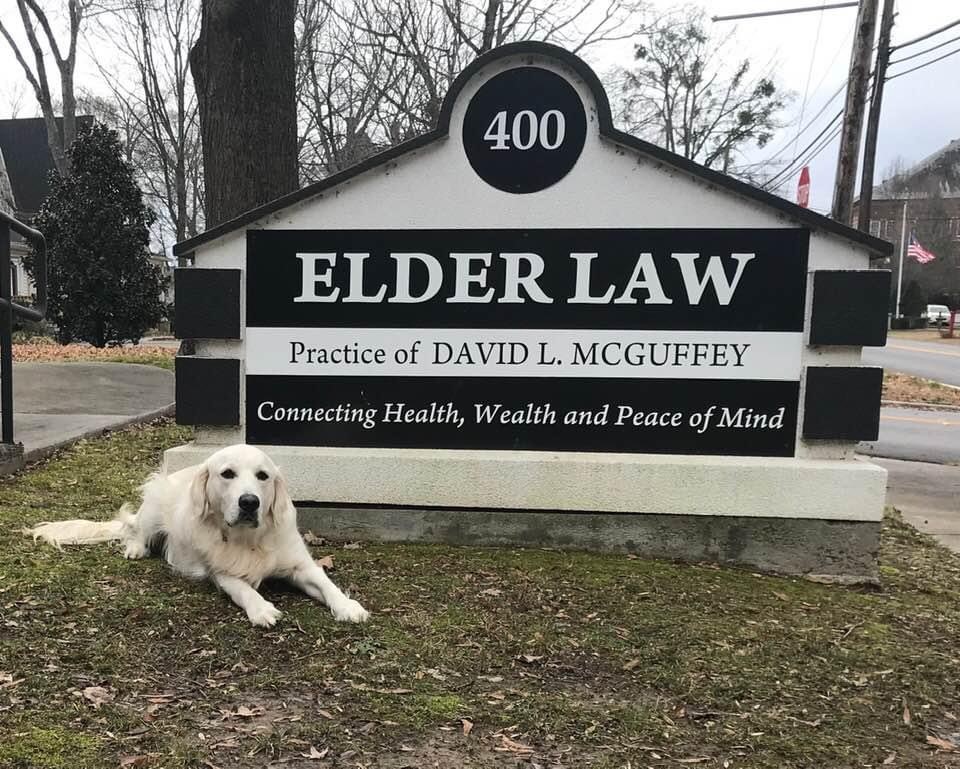When we think about health care, most people think it includes long-term care. It doesn’t. The U.S. health care “system” distinguishes between acute care and custodial care or long-term care. Acute care typically includes a face-to-face encounter with a health care provider, such as a doctor visit or a hospitalization. Must acute care is covered by Medicare or health care insurance. Long-term care is what happens between acute care episodes. Long-term care typically means assistance with activities of daily living (ADLs). ADLs include dressing, bathing, eating, toileting, continence, transferring from bed or chair, and walking. ADLs, while very important, are not considered health care so assistance performing them is not covered by Medicare or traditional health insurance.
There are four basic ways to pay for long-term care, which includes nursing home bills. They are: Medicare, long-term care insurance, your private money, and Medicaid.
Medicare will pay for a maximum of 100 days in a nursing home if you have a qualifying hospital stay and you need skilled therapy. A qualifying hospital stay means an inpatient hospital stay of 3 consecutive days or more, starting with the day the hospital admits you as an inpatient, but not including the day you leave the hospital. You must enter the nursing home within a short period of time (no more than 30 days) after the hospital discharge. You must be receiving skilled therapy for the same condition that required hospitalization, and the need for skilled care must continue for Medicare coverage to continue. If all of these requirements are met, then Medicare will pay 100% of the first 20 days, and all but the daily co-pay for days 21 through 100. In 2023, the daily co-pay is $194.50. Many, but not all, Medicare Supplement policies cover the daily co-pay.
CMS Publication 10153: Medicare Coverage of Skilled Nursing Facility Care
Long-Term Care Insurance is private insurance you buy to pay the home health care, assisted living care, and/or nursing home care. Each policy is different, but a tax qualified policy (one you can deduct from your income taxes) includes the following elements: it will pay for long-term care if you are certified by a health care professional as having a chronic illness that will last a minimum of 90 days, you must be unable to perform two or more ADLs or you have a cognitive impairment that is severe. If you have long-term care insurance, then the policy pays an agreed upon amount based on the coverage you purchased.
Private funds are the funds in your bank account. Most people do not want to use their money because they had other plans for it (e.g., retirement) when they saved it.
Medicaid is the last of the four basis ways to pay for long-term care. Medicaid is a welfare program. You must be poor enough under the rules to qualify. Fortunately, there are built-in protections for the healthy spouse of someone who gets sick.
VA Aid & Attendance is a fifth option for veterans, but the VA A&A benefit is limited. It will not cover the full cost of nursing home care.
David L. McGuffey has helped hundreds of families plan to pay for long-term care and has helped them plan for Medicaid eligibility. Mr. McGuffey can help you address concerns about qualifying for Medicaid without impoverishing a healthy spouse, or while addressing other concerns such as protecting a special needs child.
























